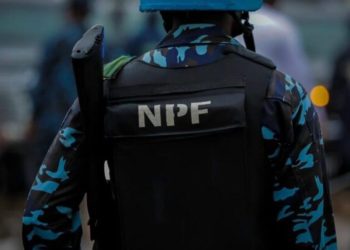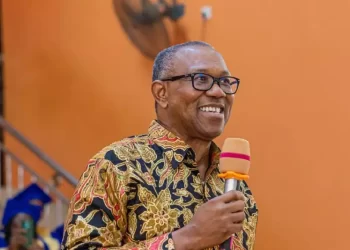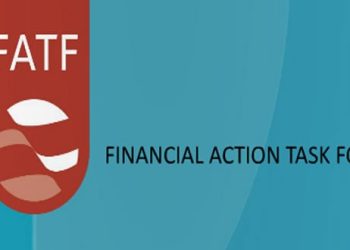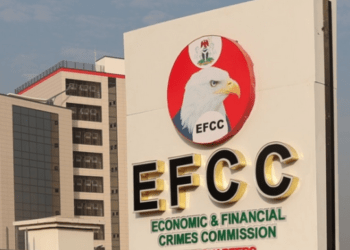From the International Monetary Fund (IMF) comes a warning to Nigeria and other emerging economies to step up efforts to curb the inflow of dirty money (illicit funds), saying that they pose serious risks to financial stability, public trust, governance and the country’s global reputation.
IMF Managing Director, Kristalina Georgieva, made the appeal yesterday during a Civil Society Town Hall at the ongoing IMF–World Bank Annual Meetings in Washington. She noted that while the global economy has shown remarkable resilience amid a series of shocks, many developing countries remain vulnerable due to weak institutions, mounting debt, and low fiscal transparency.
Georgieva stressed that robust governance systems and effective anti–money-laundering frameworks are now indispensable for sustaining growth and attracting investment, particularly in nations battling high public debt and widespread financial leakages.
“Illicit financial flows, what we call dirty money, undermine stability and public trust. Five to ten years ago, this was underestimated; today, it is central to our analysis and policy advice,” she said.
She explained that the IMF now integrates anti–money-laundering and governance diagnostics into its Article IV reviews and lending programmes, enabling countries to identify and correct institutional weaknesses before they escalate into crises.
The IMF chief also revealed that the Fund has introduced a new Anti–Money-Laundering and Combating the Financing of Terrorism (AML/CFT) Strategy, which would be applied more broadly across member nations to trace illicit flows, strengthen financial oversight, and reinforce debt transparency.
Georgieva further urged African governments to deepen collaboration with civil society groups to enhance transparency and accountability in public financial management.
“The governance diagnostic tool is not an audit; it is a preventive measure. We encourage governments to work with civil society organisations that often know the system’s weaknesses best. Working together makes our efforts more credible and effective,” she said.
She observed that while Nigeria and some low-income nations have recorded slight reductions in debt ratios, the improvement was largely due to limited access to finance rather than genuine fiscal sustainability—highlighting the need for stronger institutions and credible debt management strategies.
According to her, inclusive governance is now as critical as macroeconomic policy in maintaining stability.
“We are seeing young people across countries take to the streets because they have lost faith in institutions.
Governments must deliver transparent, people-focused policies or risk losing social cohesion,” Georgieva warned.
She reaffirmed the IMF’s commitment to working with the World Bank, the Global Sovereign Debt Roundtable, and the G20 Common Framework to strengthen debt restructuring processes and promote sustainable growth, entrepreneurship, and job creation—especially across Africa’s young economies.














































